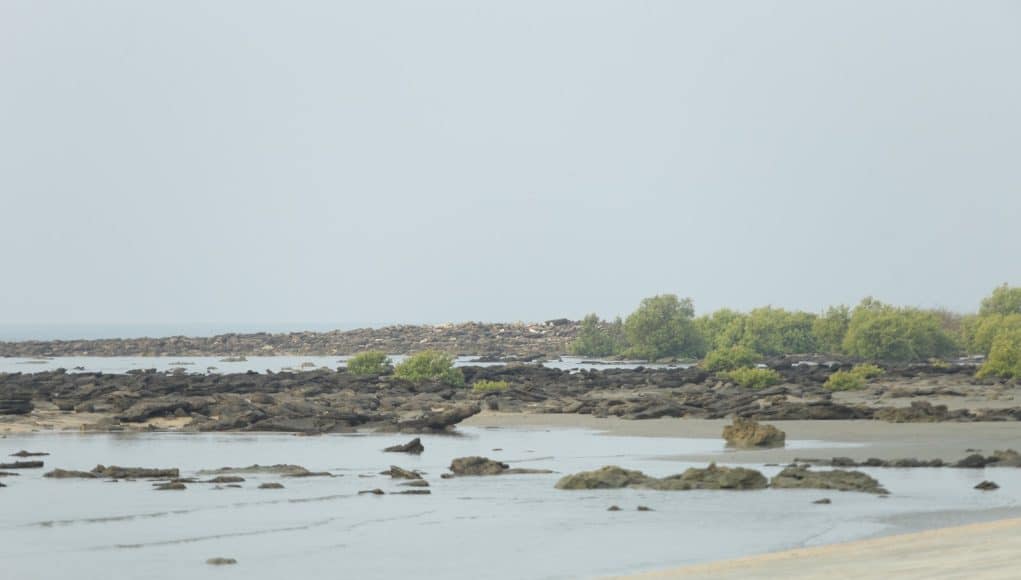St. Martin’s Island, Bangladesh’s only coral-rich island, has been closed to tourists since February 1. As a result, the number of seashells has increased along the shores, and the lush growth of mangrove and keora trees is becoming noticeable in the southern parts of Diyar Matha and Chera Dwip.
Typically, tourists are allowed to visit St. Martin’s Island until March 31. However, this year, access was restricted from February onward, with the last permitted visits ending on January 31. Previously, the island saw an influx of up to 5,000 visitors daily. In contrast, only 2,000 tourists per day were allowed in December and January.
The island is home to 1,076 biodiversity species, including corals, algae, turtles, seashells, oysters, marine fish, birds, mammals, and crabs. However, unregulated infrastructure development, excessive tourism, and environmental pollution have threatened this fragile ecosystem.
Following the tourism ban, the Department of Environment (DoE) launched a two-day special waste removal drive on the island. Using drones to locate hotspots, the initiative successfully removed 930 kg of waste, 90% of which consisted of discarded chips packets, polythene bags, and biscuit wrappers.
According to Md. Zomir Uddin, Deputy Director of the DoE’s Cox’s Bazar office, with the absence of tourists and restricted vehicular movement, a 7-8 km stretch along the southeastern and western shores is now witnessing an accumulation of seashells. These shells prevent beach erosion and protect the island’s dunes.
Local businessman Nur Mohammad noted that the absence of tourists has reduced human activity on the beach, allowing marine life to flourish. Residents have shifted their focus to fishing, dried fish production, and vegetable and watermelon cultivation.
During a meeting on February 2, environmental authorities discussed critical measures to protect St. Martin’s Island, including waste management, access to clean drinking water, biodiversity conservation, generating energy from waste, and employment rehabilitation for affected locals.
Ibrahim Khalil, Chief Executive of the Youth Environment Society (YES) in Cox’s Bazar, emphasized that limiting tourism has significantly improved the island’s environmental and ecological health. Unregulated coral extraction has halted, creating a safer nesting environment for mother turtles, while red crabs and seashell populations are again thriving.
By Rajin Saleh
Photo: Hussain Shetu










